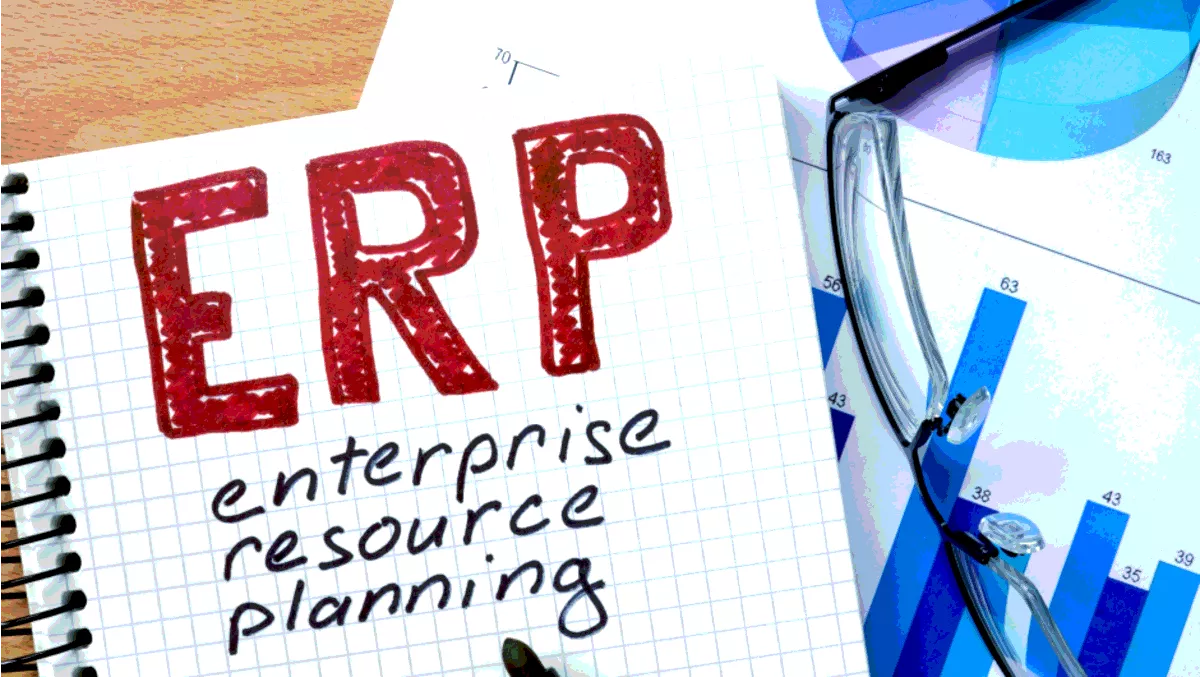
ERP solutions aiding business
Implementing an enterprise resource planning solution can help organisations eliminate supply chain risks, according to UXC Eclipse.
The company says that while being known as a sustainable business can be a competitive differentiator, manufacturers have to be careful sustainability is not 'just a label or greenwash', and ensure it applies to the entire supply chain.
UXC Eclipse cites a recent survey by Ethical Corporation that reveals eliminating supply chain risks was the biggest driver for organisations looking to embed sustainability throughout their supply chain and sourcing department. Reputational concerns were also important drivers.
The same study showed that Asia Pacific-based companies cite environmental concerns as the biggest supply chain issue.
"Greening your manufacturing can deliver significant benefits including cost-savings, waste reduction, process efficiency, and overall business resilience," says Carsten Pedersen, senior executive – Microsoft Dynamics NAV, UXC Eclipse.
"Manufacturers need a clear, comprehensive view of all aspects of their operations in order to see where they can make supply chain changes and leverage opportunities for best results," he says.
"Implementing an enterprise resource planning (ERP) solution, can help manufacturers monitor, maintain, and optimise their manufacturing processes and the supply chain overall.
There are three key ways an ERP system can help make your manufacturing more sustainable, Pedersen.
1. Improved visibility
Because ERP systems deliver a single, overarching view of company operations, it can reveal the opportunities for change that will have the strongest impact, Pedersen says.
"For example, it is critical to be able to identify the plant and equipment in place, its maintenance and use schedules, and what happens if a piece of equipment fails," he explains.
"Without this knowledge it becomes impossible for manufacturing organisations to make the kind of changes that deliver both environmental and operational benefits.
By scheduling equipment and plant maintenance at optimum times, manufacturers can ensure their equipment is running as efficiently as possible, says Pedersen. "This can save on electricity use and emissions, and it also reduces downtime associated with unplanned repairs.
Similarly, by reviewing supply chain relationships according to the insights offered by ERP systems, manufacturers can understand whether they need to consider alternative suppliers for better efficiency and environmental sustainability, he says.
2. Better decision-making
An ERP system delivers visibility into internal processes as well as the results of decisions, Pedersen says. Consequently, managers can make smarter decisions based on these insights. "
"They can then see where simple changes can make manufacturing processes cheaper, faster, and more environmentally sound," he says.
"For example, Levi's, the well-known denim apparel company, has introduced jeans that are made using a fraction of the water used in the normal manufacturing process. The company also requires manufacturers to protect water quality by restricting the use of harmful chemicals, so the water leaving the factory is cleaner than when it came in," Pedersen adds.
3. Streamlined logistics and transportation
"An ERP system helps manufacturers understand the environmental impact of logistics and transportation, and make changes accordingly," Pedersen explains. This can save money and time as well as greenhouse gas emissions.
"For example, a company could change its delivery routes and times, choose suppliers that are located closer to the factory, or distribute loads according to what is most efficient, such as using fewer, larger trucks," he says.
"Having appropriate supply chain management and ERP systems in place is critical for companies to be able to make informed decisions about their supply chains, manufacturing processes, and logistics and transport arrangements. Introducing sustainable practices will help to lower costs, reduce risk, and increase competitiveness," adds Pedersen.


